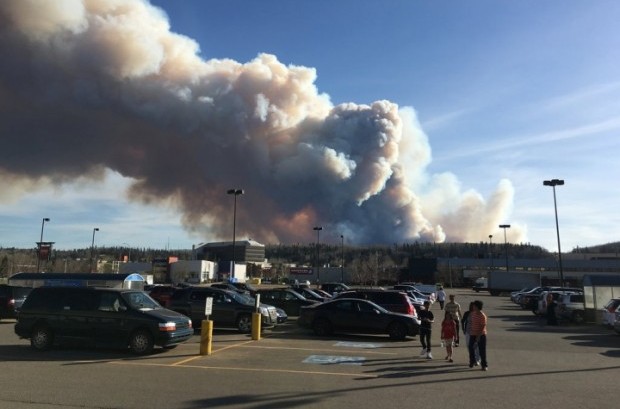By Paul Rogers for The Mercury News - “The historic wind event that swept across PG&E service area late Sunday and early Monday packed hurricane-strength winds in excess of 75 mph in some cases,” said PG&E spokesman Matt Nauman. “These destructive winds, along with millions of trees weakened by years of drought and recent renewed vegetation growth from winter storms, all contributed to some trees, branches and debris impacting our electric lines across the North Bay,” he added. “In some cases, we have found instances of wires down, broken poles and impacted infrastructure. Where those have occurred, we have reported them to the CPUC and CalFire. Our thoughts are with all those individuals who were impacted by these devastating wildfires.” PG&E and other large utilities in California have a long history of being found responsible for major wildfires because of inadequate maintenance of their power lines. In April, the state Public Utilities Commission fined PG&E $8.3 million for failing to maintain a power line that sparked the Butte Fire in Amador County in September 2015. That fire burned for 22 days, killing two people, destroying 549 homes and charring 70,868 acres. CalFire announced last year that it will seek to force PG&E to pay $90 million in firefighting costs. More than 1,000 lawsuits and claims are still pending against the utility. “It was more than just a lack of maintenance. It was a complete disregard for their requirements of vegetation management in rural areas,” said Burlingame attorney Frank Pitre, who sued on behalf of the victims.















